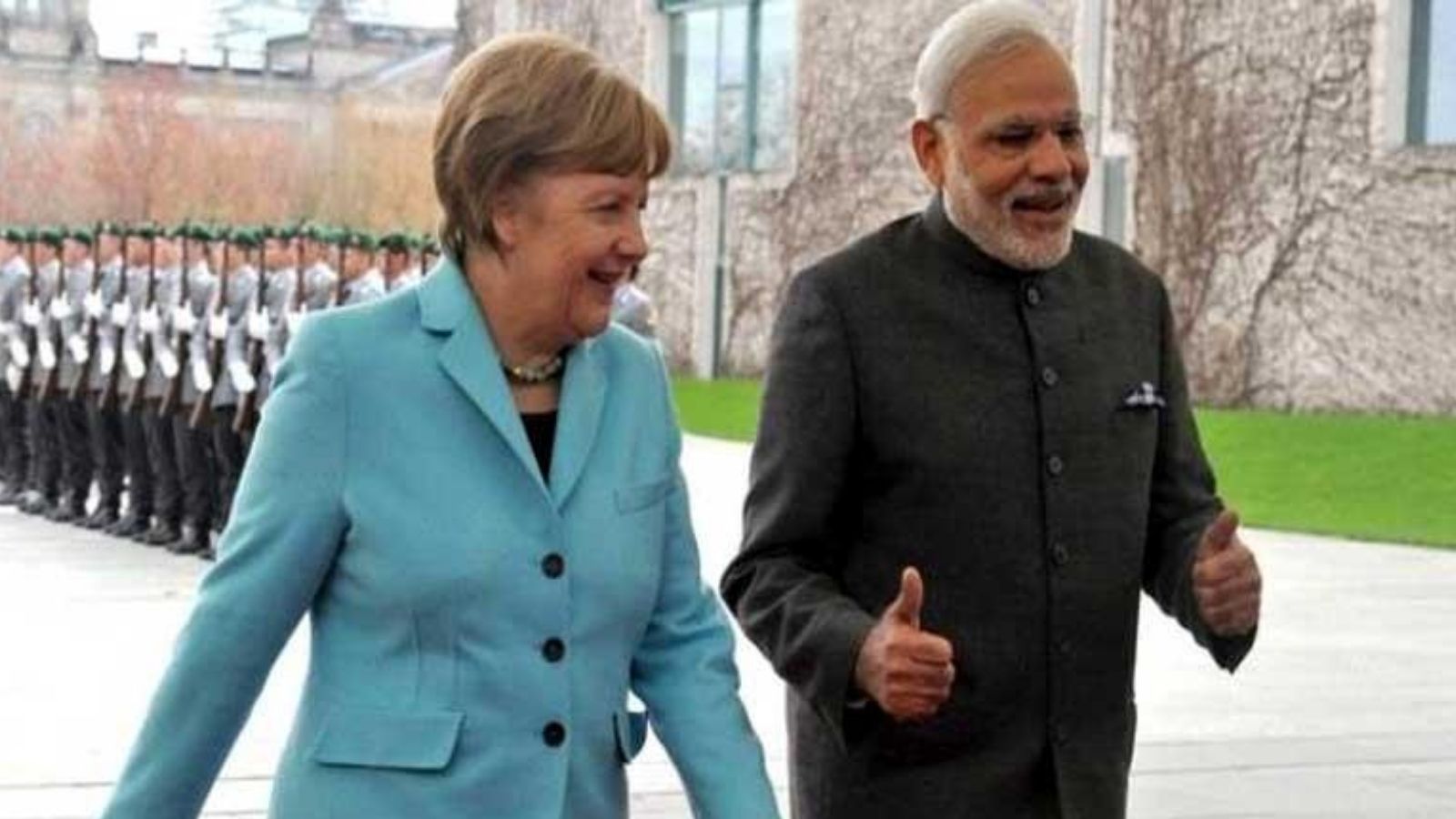With German Chancellor Merkel and PM Modi serving another political term, there prevails immense potential to embark on a mutually beneficial path to peace, prosperity and sustainability.
By Arunima Gupta, Former Senior Manager, Strategic & Foreign Relations at Rashtram
The article was originally published in Modern Diplomacy.
The source of this image is Modern Diplomacy.
Germany is gearing up to vote for the 19th Bundestag or the Lower House of the Parliament which will, in turn, elect the German Chancellor on 24th September 2017. The incumbent Chancellor, Angela Merkel is expected to win the elections and continue a fourth term.
However, in light of recent events, most evidently the migration crisis of 2015, an absolute majority is doubtful for the Merkel administration, rendering coalition as the most plausible option. While major competition comes from Martin Schulz, the leader of Social Democratic Party of Germany (SPD), the rise of Alternative for Germany (AfD) having strong anti- immigration Eurosceptic views, makes a coalition even more complex.
Despite all doubts, Chancellor Merkel has emerged as an anchor of stability, ranking amongst the most powerful and influential in the world, standing unabated amidst crisis and criticism. Her victory is as crucial to Brussels as it is to Berlin, as Germany remains the strongest European Union member in the post-Brexit era. The politically unstable environment of the “west” has provided an opportune movement for Berlin to look towards its long-standing Asian friend – India.
For India, a fourth term of Merkel administration could wield the following benefits. First, it will lead to a steadfast progress on achieving goals of the fourth intergovernmental consultations (IGC) signed by Indian Prime Minister Narendra Modi and German Chancellor Angela Merkel, in May 2017. Primarily, these entail to cyber security issues, strengthening of economic ties and fostering developmental cooperation, especially in realms of renewable energy and green growth. Secondly, relations between India and the European Union after Brexit will continue to be stable. Much recently, under the ‘Make in India’ initiative of the Indian Government, German Mittlesand (MSMEs) have been allowed fast-track entry into the Indian market. With a strong voice in EU and Germany’s significant economic engagement with India, Merkel could lead to India-EU free trade negotiations, while addressing Indian interests. And lastly, a Merkel-Modi alliance could serve as an international example of fostering mutually beneficial developmental cooperation. Both the sides have demonstrated a strong commitment towards Paris Agreement and also convened talks such as the India- Germany Dialogue on Africa, held in May 2017. A developmental model, based on shared aspirations of economic prosperity can successfully bridge the gap between the developed and developing countries.
A government led by Martin Schulz, on the other hand, will not hamper India-Germany relations per se, but may have an effect on India-EU relations. As the former President of the European Parliament, Schulz has pushed for stronger EU integration calling for all-pervasive Eurobonds and European finance minister. This could tilt India-EU free trade negotiations towards European interests. The SPD has also been critical of Merkel’s stance to increase German contribution to NATO. Considering Washington’s recent call to its NATO allies to station troops in Afghanistan and acknowledgment of India’s role in the peace process, the India-German commitment for Afghan stability could be perturbed.
However, the dynamics of international order- Brexit, Trump’s win in the US, North Korean missile ambitions and Chinese expansionist agenda has inclined popular support in Merkel’s favour as a more diplomatically balanced yet strong leader. Her Indian counterpart, PM Modi has faced similar domestic and regional challenges, but emerged as a promising leader, representative of strong national aspirations. At the international level, India and Germany as members of G-4 nations have supported their contemporary’s claim for membership in UN Security Council. Having duly recognized individual potentials, both the leaders have extended the threads of amicability beyond national and international interests. The Indian PM Modi, on his visit to Germany, received the guard of honour to German chancellor. He reciprocated by presenting manuscripts by eminent Indian scientist Sir C V Raman, on the realization that Merkel is a doctorate scholar in quantum chemistry herself. With diplomatic currents changing, it is this friendship that is bound to strengthen the relations between India and Germany as long-standing global partners.
With the likeliness of German Chancellor Merkel and Indian PM Modi serving another political term, there prevails immense potential to embark on a mutually beneficial path to peace, prosperity and sustainability in an increasingly reclusive world.

